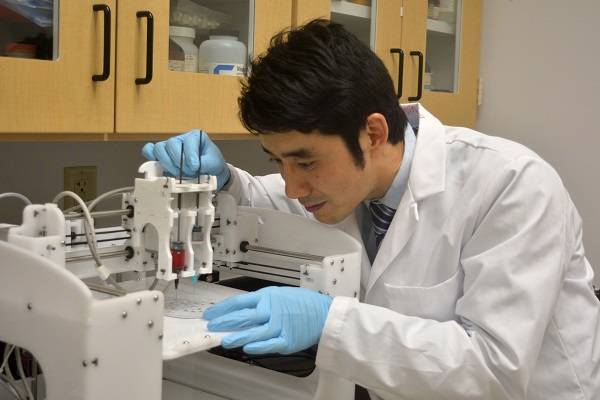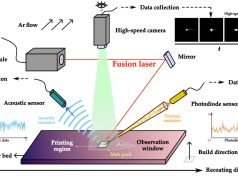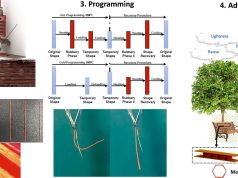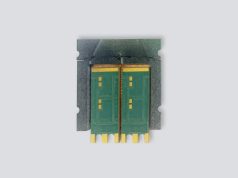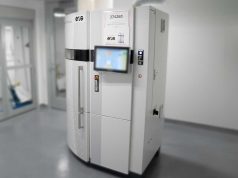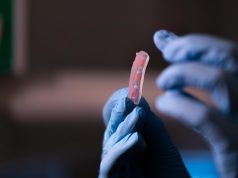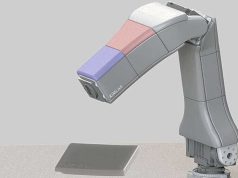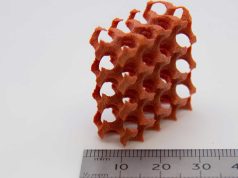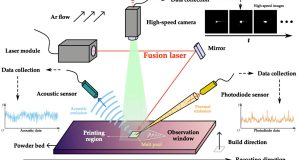Bioengineers at the Florida Atlantic University (FAU) will develop a new treatment for esophageal cancer. The stent, 3D printed from biodegradable polymer, is designed to prevent complications while serving as a drug delivery system at the same time.
The treatment so far involves a surgically implanted metal mesh stent, causing a number of complications such as bleeding, chest pain, perforation and tumour ingrowth. Moreover, the stent has to be removed afterwards, making the treatment much more uncomfortable for the patient.
Yunqing Kang, Ph.D., bioengineer at the College of Engineering and Computer Science at FAU, has received a $ 141k grant from the National Cancer Institute of the NIH to develop this new treatment. Kang and his research team will use 3D printing technology to create a tissue-engineered stent made of biodegradable elastomeric polymer materials. The stent will also serve as an anti-cancer drug delivery system and prevent tumour tissue ingrowth. The material will have to be rigid and flexible enough at the same time, to expand and contract with the esophagus.
“Currently, there are no stents that are available in a clinical setting that have the ability of preventing or decreasing the complications, and at the same time providing the capability of delivering cancer therapy drugs,” explains Kang. “Because our materials will be made from biodegradable polymer, they will dissolve and disappear after the stent is surgically placed into the patient’s esophagus. Once treatment is completed, it won’t be necessary for the surgeon to remove the stent, making the process and treatment much more comfortable for the patient.”
Esophageal cancer is the eighth most common form of cancer worldwide, with approximately 16,980 new cases diagnosed by the American Cancer Society in 2015.
Mohammad Ilyas, Ph.D., dean of FAU’s College of Engineering and Computer Science: “Dr. Kang’s technology is a game changer for how esophageal cancer could be treated in the future. The physiochemical, drug-release and biocompatibility properties of this stent could have a wider impact on the treatment of esophageal cancer and the need for tissue-engineered stents for esophagus regeneration after surgical removal.”
Subscribe to our Newsletter
3DPResso is a weekly newsletter that links to the most exciting global stories from the 3D printing and additive manufacturing industry.



